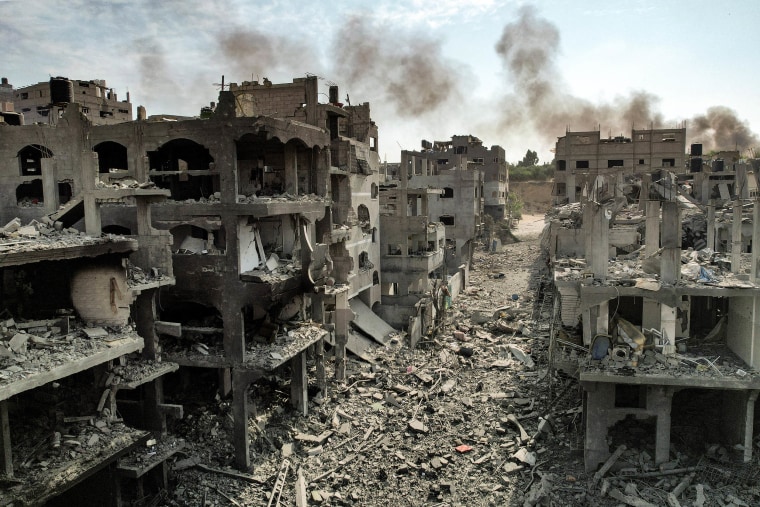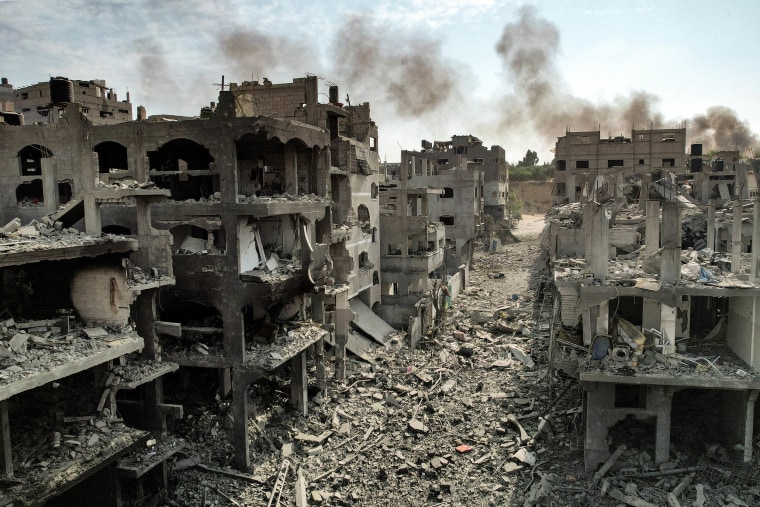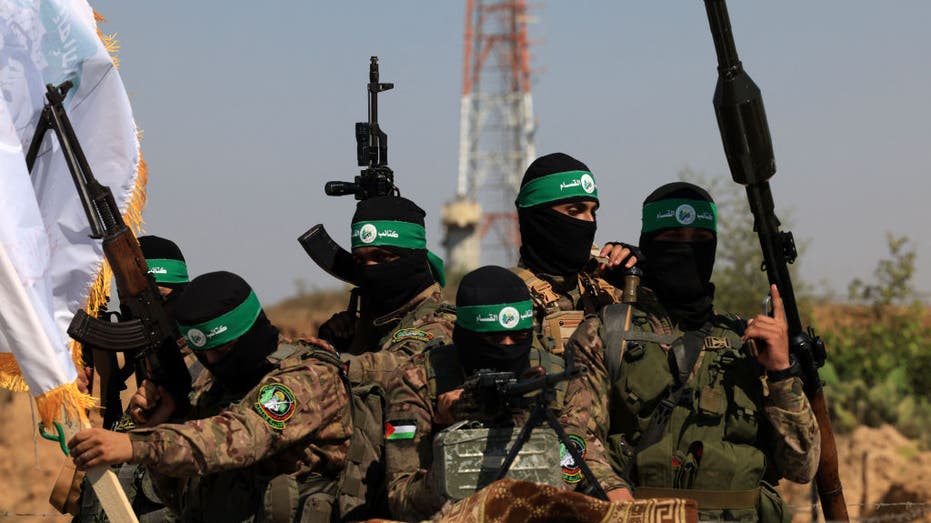
Harrowing Testimonies from Freed Hostages: A Call to Action
A recent report submitted to the United Nations (U.N.) by the Israeli Ministry of Health has unveiled chilling accounts from freed hostages who endured captivity at the hands of Hamas. The graphic testimonies expose unimaginable levels of abuse and suffering, leading to urgent calls for international intervention.
Shocking Accounts of Abuse and Trauma
The report outlines harrowing experiences recounted by former hostages. Among the most disturbing revelations are the experiences of two children, who shared their torment of being tied up and physically beaten. These children exhibited visible signs of trauma and scarring on their bodies, indicative of the severe treatment they faced.
Additional testimonies detail the brutal conditions suffered by both male and female captives. Many survivors recounted incidents of being burned with heated objects, leaving them with life-altering physical injuries. The accounts further highlight the sexual violence that female captives were subjected to — some women were assaulted at gunpoint, while others were coerced into disrobing in front of their captors.
Male hostages also faced horrendous treatment, which included sexual abuse, prolonged starvation, and severe beatings. Disturbingly, some were branded with hot metal, a mark of their torment. Psychological and physical manifestations of this abuse are evident, with reports indicating that many detainees experienced drastic weight loss; children alone lost up to 18% of their body weight during captivity.
The abhorrent sanitary conditions exacerbated the suffering, leading to infections, gastrointestinal diseases, and other serious health complications. These accounts of systematic physical and psychological abuse highlight the grim reality of hostages’ experiences in captivity and the instruments of cruelty used against them.
Hostages Still in Captivity: A Growing Crisis
Despite the release of some hostages, 99 individuals remain in captivity, continuing to withstand dire conditions over 14 months after the devastating October 7, 2023, Hamas attack. One of the families deeply affected is that of Or Levi, whose wife was killed during the assault. Or’s brother, Michael Levi, articulated his anguish in a recent interview following the U.N. report, stating that these findings have intensified his despair.
Frustration with the international community’s response, particularly regarding the U.N.’s perceived inaction, was apparent in Michael Levi’s comments. He lamented, “For some reason, the Israeli side is not counted as human. The U.N. ignores the fact that Hamas is committing crimes against humanity.” Levi represented the families of hostages during a recent U.N. Security Council briefing, emphasizing the human impact of the crisis: “I wanted them to hear a personal story. They need to understand that there cannot be lives that are worth more than others.”
The Pain of Families Left Behind
Describing the torment of knowing his brother is among the hostages, Michael spoke about the physical limitations imposed on those detained. “Thinking about my brother, who is almost six feet three, trying to stand up in dark, airless tunnels less than six feet tall – it’s unbearable,” he said, capturing the emotional toll exacted on families torn apart by this tragedy.
Hostage Negotiations: An Ongoing Struggle
Negotiations for the hostages’ release are ongoing amid increasing tensions. President-elect Donald Trump has issued a strong warning, asserting there would be “all hell to pay” if the hostages are not released before he takes office. However, Michael Levi expressed disheartenment regarding the exclusion of his brother from the potential release lists, as young men are not recognized as “humanitarian cases.” He asserted, “My brother has a 3-year-old son who has already lost his mother. If this is not a humanitarian case, I don’t know what is.”
Despite these challenges, Michael remains cautiously optimistic, expressing hope that a change in leadership might result in a more aggressive stance against Hamas and its sponsors. “The pressure on Hamas and their sponsors – Qatar, Turkey, and Iran – has been far too weak. President Trump’s stronger approach might actually change things,” he stated.
Health Ministry Report: A Call for Global Action
Israel’s Health Minister, Uriel Busso, emphasized the significance of the U.N. report as a call to action, stating, “These are actions that cannot be tolerated and demand that the world wake up and take action.” Israel’s ambassador to the U.N. echoed this sentiment, condemning the agency’s inadequate response. The ambassador remarked, “The U.N. and the international community are trying to forget the torture and atrocities that took place on October 7. We will never forget the horrors, and we will not stop until we return all the hostages.”
According to the Ministry’s report, the primary focus is on documenting the physical and psychological abuse inflicted upon hostages. This data is derived from testimonies of medical teams that treated returnees, as well as rehabilitation frameworks aimed at aiding survivors in their recovery. Dr. Hagar Mizrahi, head of the Ministry’s Medical Directorate, noted, “The severe physical and mental states of returnees offer the world a glimpse into the widespread atrocities committed by Hamas. The conditions of the remaining hostages still held in Gaza are dire and require immediate action.”
The Lasting Impact of Psychological Trauma
Perhaps one of the most profound effects of captivity is the psychological toll it has taken on the hostages. Survivors described being forced to witness horrifying acts of violence, leaving them with intense psychological scars, including dissociative episodes, severe nightmares, and guilt over leaving loved ones behind. For many, the path back to normalcy feels insurmountable, haunted by the traumas they experienced.
The suffering is particularly acute among children, who face challenges such as developmental regression and heightened anxiety in the aftermath of their experiences. Dr. Hagai Levin, head of the Health Team for Hostages and Missing Families Forum, stressed the importance of a comprehensive approach to rehabilitation: “Rehabilitation requires a multidisciplinary, long-term approach to address deep-seated issues like PTSD, depression, and anxiety.”
A Moral Imperative for Action
The testimonies of freed hostages serve as a stark reminder of the urgent need for action and advocacy on behalf of those still in captivity and the families left in limbo. The international community bears a moral imperative to respond not only to the cries for justice from families like the Levis but also to safeguard the dignity and humanity of all individuals affected by these atrocities. Each story is a poignant reminder that behind the statistics are real lives forever altered by violence and cruelty.


















